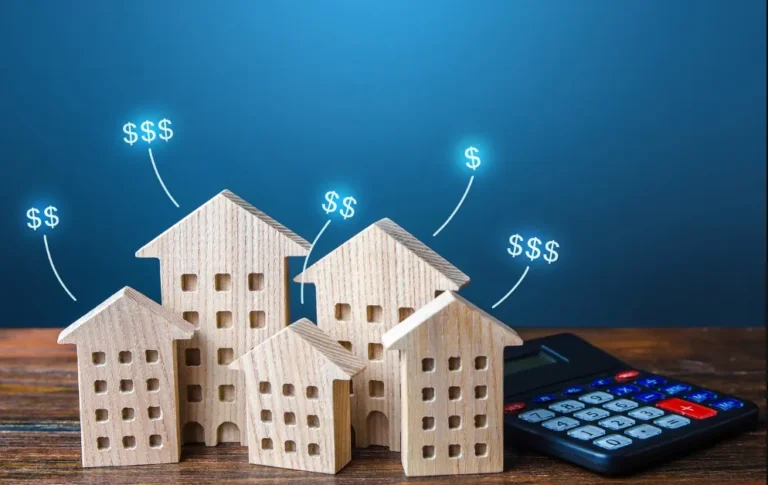The commercial property appraisal industry plays a crucial role in determining the value of real estate assets, guiding investment decisions, and facilitating transactions. Like any other industry, it changes because of new technologies, regulations, and changes in the way the market works. This article will explore seven key trends currently shaping the landscape of the commercial property appraisal industry.
Remote Appraisal Methods
Remote appraisal techniques have become more popular due to the COVID-19 epidemic. These techniques enable appraisers to evaluate and inspect properties without visiting the sites in person. With augmented reality, virtual tours, and aerial images, appraisers may collect extensive data remotely, reducing turnaround times and operating expenses. While in-person inspections are still necessary for some properties, remote appraisal methods are frequently more flexible and effective.
Focus On Environmental Sustainability
Within the commercial property assessment market, there is a heightened emphasis on sustainability due to the increased awareness of environmental issues. When determining a property’s value, appraisers are increasingly considering various elements, including energy efficiency, green building certifications, and carbon footprints. Appraisers are increasingly including sustainability criteria in their valuation procedures as a result of the fact that properties that have sustainable characteristics tend to command higher prices and attract investors who are environmentally concerned.
Adoption of AI And Machine Learning
The evaluation process has been completely transformed due to the incorporation of artificial intelligence (AI) and machine learning algorithms and techniques. Because of these technologies’ capabilities, appraisers can gain insights from complex market patterns, historical sales data, and economic indicators. They can examine huge datasets with amazing speed and precision. The use of appraisal technologies powered by AI improves the efficiency of valuation procedures and provides more nuanced and dependable property assessments.
Mobile Appraisal Solutions
Mobile appraisal solutions have become an essential tool for appraisers working in the modern marketplace. Using mobile devices such as smartphones and tablets, appraisers can conduct on-site inspections, record data about the property, and generate detailed reports in real time. In the end, these mobile solutions streamline the workflow of the appraisal process, reduce the amount of paperwork that is required, and make it easier for appraisers and clients to communicate with one another seamlessly. This eventually speeds up the valuation process and improves overall efficiency.
Blockchain For Security And Transparency
It has become apparent that blockchain technology can alter how property transactions and evaluation procedures are carried out. Utilizing distributed ledgers, blockchain technology guarantees the transparent and safe recording of property ownership, transactions, and appraisal reports. By reducing the likelihood of fraudulent activity, increasing the transparency of property transactions, and simplifying the process of reconciling property data among numerous stakeholders, this immutable record-keeping system helps to reduce the risk of fraud.
Adoption Of Drone Technology
Appraisers can conduct aerial surveys of commercial properties using drones equipped with high-resolution cameras and sensors. Thanks to this technology, appraisers no longer need to rent expensive helicopters or planes to collect precise information on the property’s conditions, topography, and surrounding area. Using drones for inspections is especially beneficial when evaluating big or inaccessible properties, locating potential risks, and documenting property features for appraisal reports.
Shift Towards Online Valuation Platforms
Using artificial intelligence, machine learning, and big data analytics, online valuation platforms can generate rapid property appraisals based on various parameters, including location, size, condition, and market trends. Nowadays, property owners, investors, and lenders can gain access to valuation estimates rapidly and easily through any commercial appraisers platform. This allows them to make educated decisions on purchasing, selling, or financing commercial properties. Additionally, online valuation tools make property valuations open and consistent, so there is no room for bias or subjectivity in the process.
Conclusion
Commercial property appraisal is currently going through a period of dramatic change. As appraisers negotiate these developing trends, they must embrace technology, be alert to variations in the market, and implement flexible valuation processes to provide accurate and dependable appraisal services in a real estate landscape that is becoming increasingly complicated. The difficulties and possibilities that will shape the future of commercial property assessment can be navigated by appraisers if they are willing to embrace innovation and use insights into new trends.
